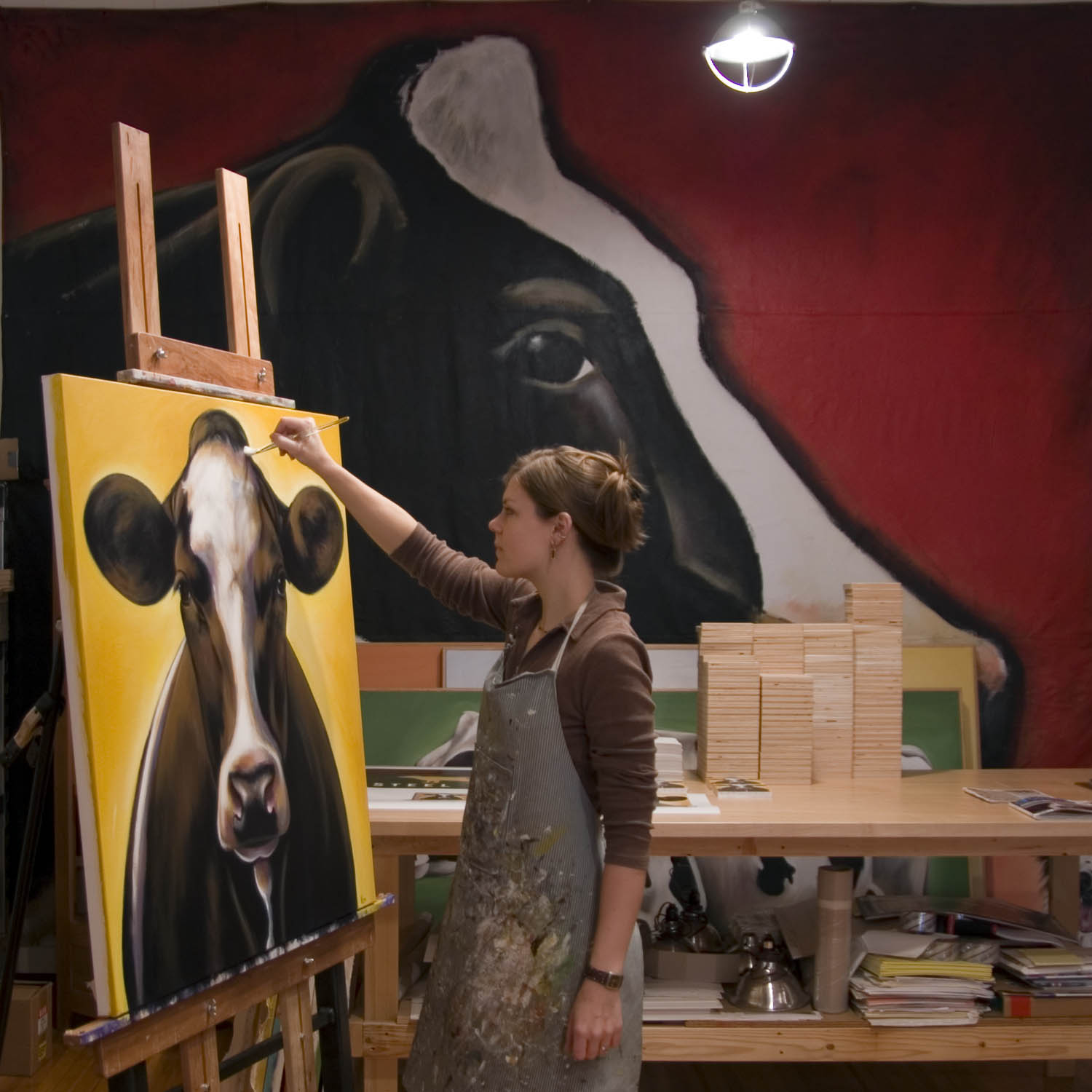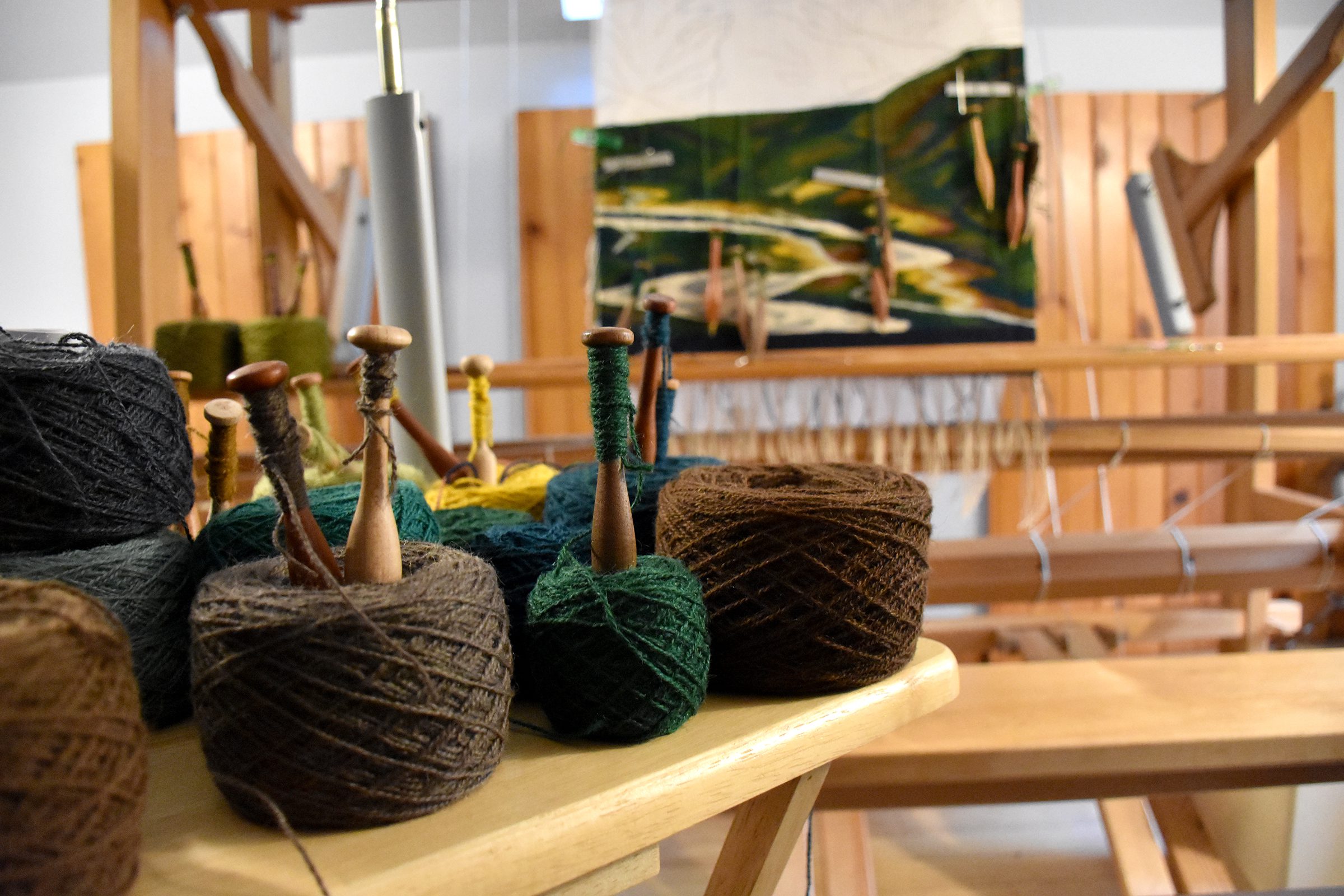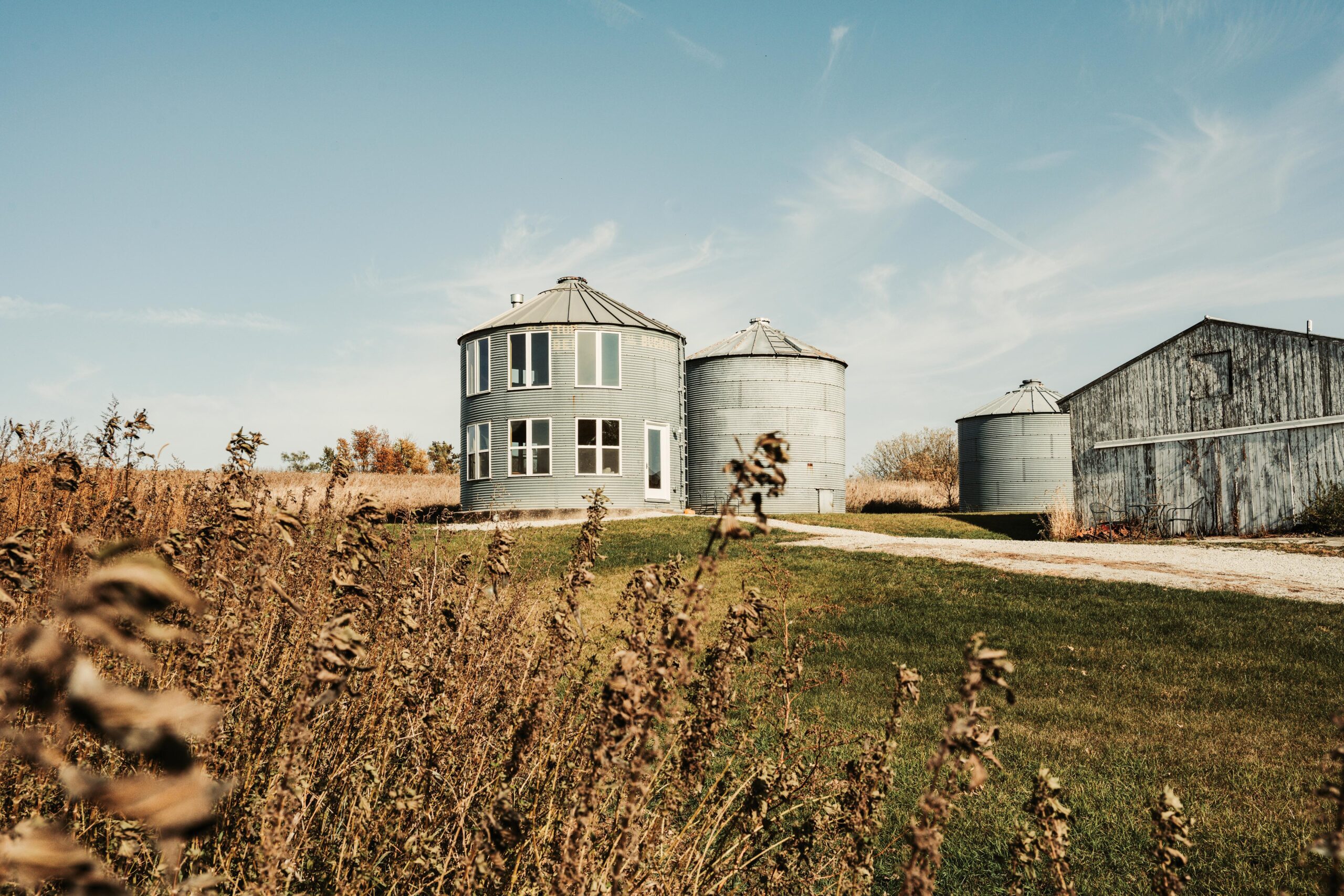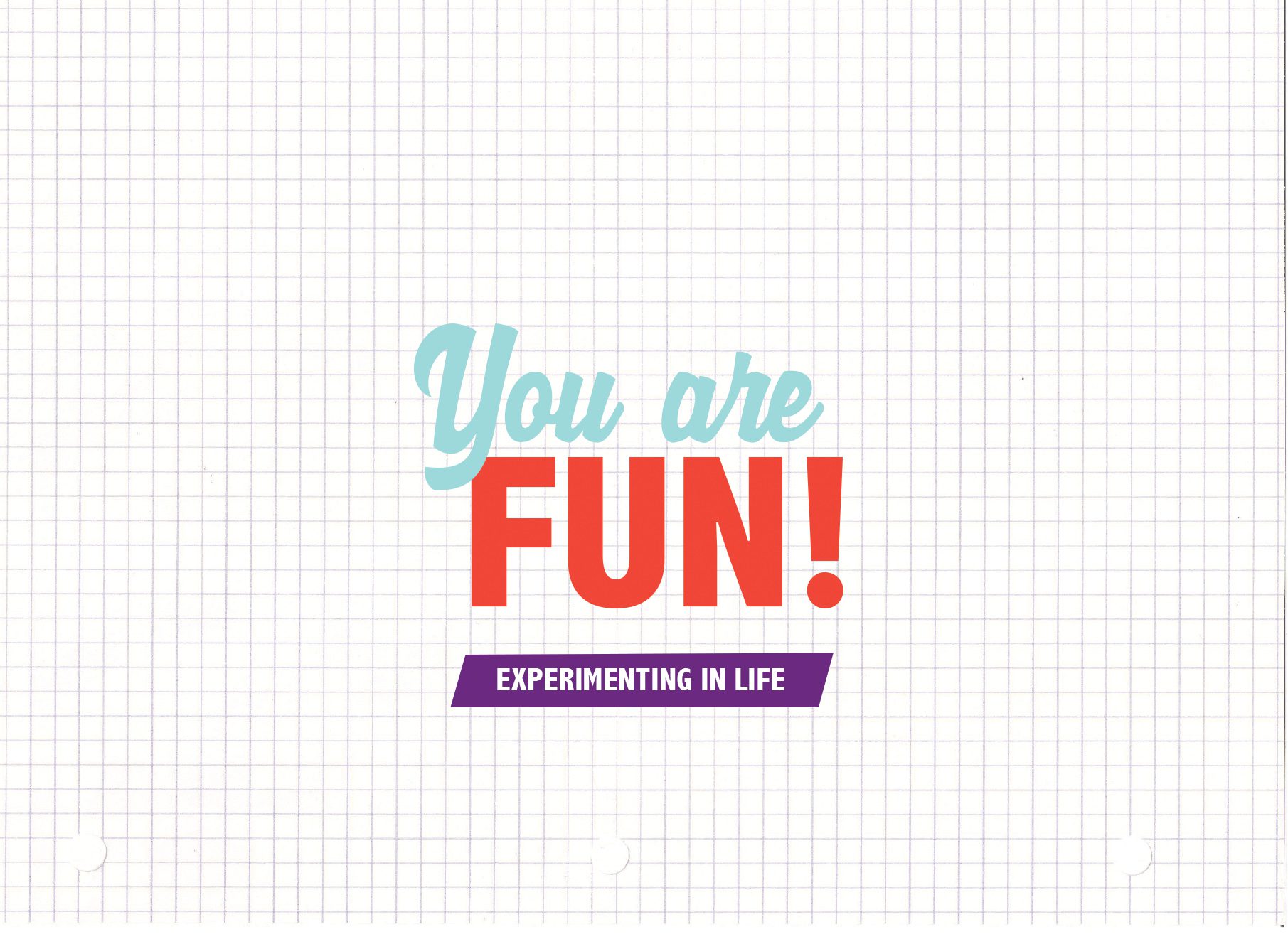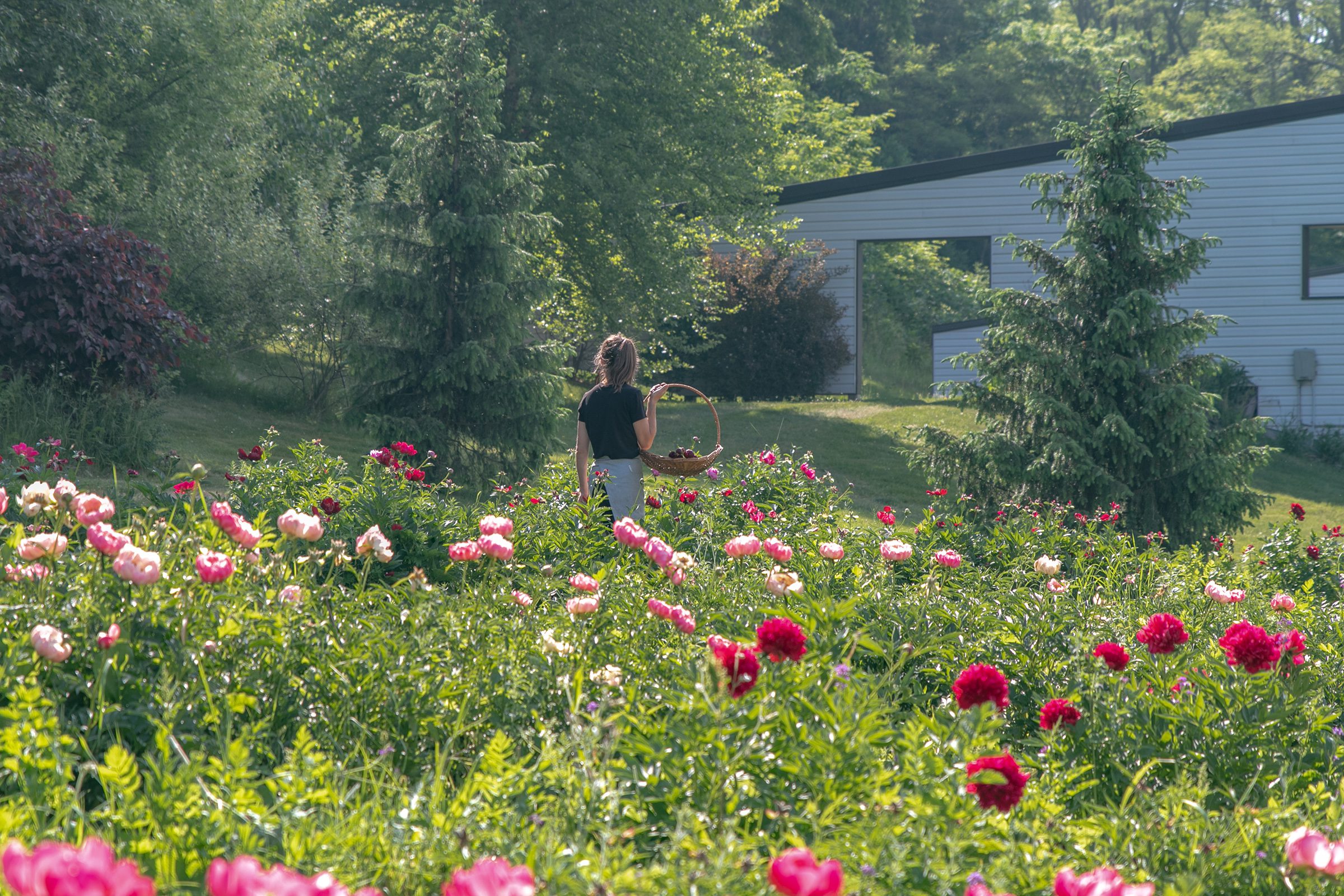Interview with Winneshiek County Paramedics

By Mary Marx
Steve Vanden Brink
Staring out my window at leaves falling from a crab apple tree, Steve Vanden Brink replays a scene in his mind – I watch as he carefully weighs his willingness to share a story.
Steve is a paramedic specialist. He’s one of the few who respond when your car is wedged between two trees or when you’re helplessly lying on the bathroom floor. He gives life-saving breath and coaxes your heart to beat on its own. Steve brings calm to your chaos.
He apparently reaches some conclusion and our conversation resumes. “I see death and dying more than your average person. One day, three people died…traumatically… in 12 hours. They were young,” Steve says to the corner of my desk. “Every call affects each paramedic differently – over the past 20 years, there are always those calls that stand out.”
Steve studies the notes he prepared for this very interview. “It was maybe 15 years ago – I worked the night shift – and the ambulance was dispatched to a home birth. We delivered the baby; that’s not something we get to do very often. The crew brought both mother and baby to the hospital for care and then, about an hour later we were called to a house – to a family just like the one celebrating a new child – to try to revive an unresponsive infant. We gave that child all we had, our combined expertise, our equipment, everything, but the baby died.”
In this profession, nights like these are sad realities. But there is also life. There is beauty in the eyes of someone whose pain has subsided and joy in the monotonous tones of a heart once again beating on its own.
“I heard a call for first responders to the home of one of my friends,” says Steve. “He’d collapsed while getting ready for a night out – his wife found him. I got there first and did CPR until the ambulance arrived. The paramedics on duty shocked him with the defibrillator – and we waited for the beep to start, but nothing happened. And then, the lines on the screen began to move. Everything worked that night – it happened the way it should – and now I see him jogging through town, enjoying the life he almost lost.”
Dave Neinhaus
“You have to absorb the good moments,” says paramedic Dave Nienhaus. “You have to let those happy endings fill you up… and enjoy them.”
Dave’s first happy ending earned him the gratitude of the patient, and a canned ham.
“I was a first responder at the time – pretty green, I was out only two years. I heard the call and arrived on scene, shocked the patient and her heart began beating again. Not too long afterward, she stopped over to my house, gave me a hug and pressed a canned ham into my hands. It was such a touching – and memorable – gift; I don’t think I will ever forget it.”
In Dave’s mind, paramedics are not in the business of “saving lives.”
“Whether or not someone lives, that is between the patient and God,” he says. “If they are to live, and I am part of that plan, I am happy to serve and will do so to the very best of my ability.”
Training and experience play a significant role in a paramedic’s ability to help a patient, but “good equipment and new technology make it a whole lot easier.”
The Advanced Life Support monitors the Winneshiek Medical Center Foundation is raising funds for this year through Festival of Trees allow paramedics to attend multiple things at once. The monitors will hook up with the chest compression machine and deliver shocks as needed. The paramedics will be able to provide better care, and that means more happy endings.
“People expect us to come busting into their home, perform CPR and shocks and then whisk the patient back to the ER where they will make a full recovery – kind of like it happens on TV,” says Dave. “When this happens in the real world, it is a kind of euphoria – like you are experiencing the scene from somewhere on the ceiling. You watch hands placing the machine on someone’s bare skin, see their chest rise with returning breath – it is surreal. And then, you meet them walking to cardiac rehab two weeks later and you know you had a part in it.”
Occasionally the happy ending is more bittersweet.
“Sometimes, if we can bring someone back, it is just long enough to say goodbye to loved ones,” Dave says. “We don’t save them in a physical way, but it brings a sort of acceptance to the family. Like I said, I don’t save lives – I just help people.”
Dave Reutlinger
He’s been there. Dave Reutlinger has provided emergency care for people as long as I have been alive – 29 years – and I cannot even fathom the different experiences that have shaped him into who he is today.
Dave is nationally certified in … and a specialist in… and licensed in…, but amid all the accolades, I get the feeling that experience is his true teacher. Yet he is anything but boastful. As I attempt to understand the whys and hows that are his life’s work, Dave is reluctant to share too much. This man carries within him some the most personal experiences of many of us reading this very article– his stories are ours.
“When we are on our way to a call – maybe a car accident – we make our plan,” Dave says. He explains that everything makes a difference in what to expect: the voice inflection of the dispatcher (which could mean a serious call or an over-excited caller reporting the accident), the weather conditions, time of day, even the way the glass is broken or the vehicle is dented or the smell of the scene when they arrive.
I can imagine that his kind face and quiet way of speaking would bring calm to even the most frantic of patients. “If we can, we get in the car with the patient – talk to them while starting IVs or assessing their injuries,” says Dave. “We explain what the sounds mean – the snapping and banging of the metal roof being cut away, why the car is swaying, that we are doing everything we can for them.”
Dave stresses that they are not alone in their task.
“The entire emergency system is… interconnected, on the scene with first responders, law enforcement, the fire department,” he says. “And when we return to the emergency department –everyone has a hand in saving a life.”
Josh Moore
Time is constant. Seconds turn to minutes, minutes to hours. But it doesn’t always seem that way.
“Time had never moved so slowly,” recalls Josh Moore. “We were waiting for the defibrillator to give us direction after the shock. It only takes about 10 seconds to analyze, but when a teenager is lying at your side without a pulse, those 10 seconds…”
His eyes are bloodshot and he offers a weary smile – it is seven in the morning and time for him to go home. It was a quiet night in the emergency department, though that is something to never even suggest in the presence of the staff who work there. Josh willingly puts off a good night’s (day’s) sleep for 10 more minutes to share the memory of what he calls, “his first save.”
“I worked with my dad and a few other guys in a basic ambulance service. We got the call of a man down at the school, and following our protocol, ran lights and sirens to get there, though it was only a few blocks from our garage.” Josh was the baby, the newbie, green. “When we rolled up to the school, it was my job to get the jump kit while the others went to the patient. We only knew someone was down in the gym; I assumed in my head they had hurt their ankle – something pretty minor.”
Josh focuses on a point somewhere above my head and continues, “He was only 19. It was a scrimmage game, something for fun. He fell past the three-point line, just short of the hawk emblem painted in the center of the floor, and his teammates could only stand over their friend – they knew his pulse was gone. I was the one who placed the defibrillator patches on his chest. I remember the lump in my throat as the machine said, ‘shock advised,’ and I pushed the button and watched his body jerk… and waited.”
After 10 painstaking seconds, the defibrillator advised the paramedics to begin chest compressions once more. “I started compressions,” says Josh, “and just willed his heart to begin beating. And then, against the heel of my hand, under his sternum, I felt pounding – I actually experienced his heart come back to life.”
He goes on. “We delivered the patient to the nearest emergency room and were heading back out to the garage when the doctor stopped us – he told us, ‘He’s in there talking to his family because of you guys. Congratulations,’ – and it was at that moment I committed to this path – one of day shifts and night shifts, adrenaline rushes and lulls. I want to make a difference in someone’s life.”
Mary Marx is a life-long Winneshiek County-ian, and is proud of her family and this year’s garden. Her favorite things include crushing hugs from her two sons, a good cosmopolitan and watching the sun set from her back porch with her husband, who also happens to be her best friend.





